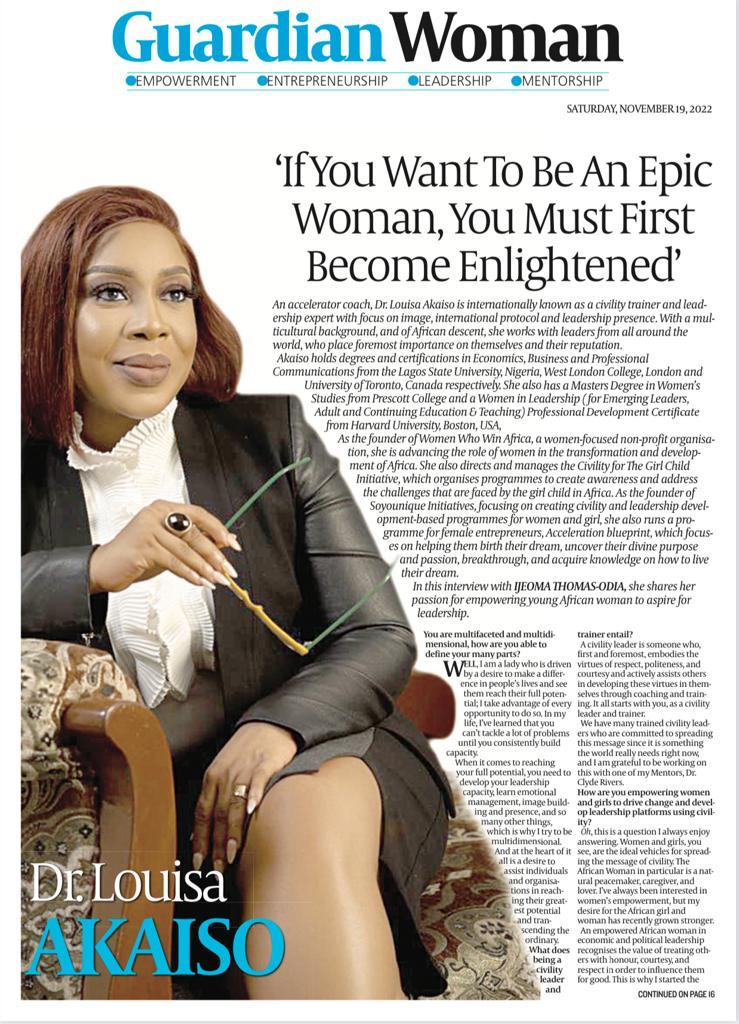Thirty years have passed since the tragic events of the Rwandan Genocide, yet its scars continue to haunt survivors, especially women. The genocide, marked by unspeakable violence and systematic atrocities, left an indelible mark on Rwandan society, with women bearing a disproportionate burden of suffering. In this post, we remember the harrowing experiences of women during the genocide and its aftermath, shedding light on the trauma that they faced.
Systematic Targeting:
Human rights watch reported that during the Rwandan Genocide of 1994, women were systematically targeted for violence, including rape, mutilation, and sexual slavery. Armed militias, fueled by ethnic hatred and political propaganda, used sexual violence as a weapon of war to terrorize and demoralize entire communities. Women were subjected to unimaginable horrors, often in front of their families, as part of a campaign to destroy the social fabric of Rwandan society.
Trauma and Stigma:
- Physical and Mental Health Issues: Survivors of sexual violence face a lifetime of physical and emotional scars. Many grapple with PTSD, depression, and other mental health challenges.
- Social Stigma: In Rwandan culture, rape carries a heavy stigma. Survivors may be ostracized by their communities, adding to their isolation and pain.
- Economic Hardship: Without husbands and male family members, many women were left with the burden of providing for their families. This was especially difficult in a war-torn economy.
Strength and Resilience:
Despite the immense suffering, Rwandan women have shown extraordinary strength and resilience. Here are some inspiring examples:
- Leading Reconstruction Efforts: Women played a vital role in rebuilding Rwandan society after the genocide. They participated in the Gacaca courts, a community-based justice system, and took on leadership positions in government and civil society. Never again Rwanda reported on the role Women played in rebuilding Rwanda at the Gacaca courts.
- Supporting Each Other: Women’s organizations sprang up across the country, providing crucial support to survivors through counseling, healthcare, and economic empowerment initiatives.
The Road to Healing:
Rwanda has made significant strides in the 30 years since the genocide. However, the journey to full healing continues:
- Continued Support: Survivors still need access to healthcare, mental health services, and economic opportunities.Women for women Rwanda and RWN give socio-economic support to women in Rwanda.
- Breaking the Stigma: Education and awareness campaigns are crucial to break the silence surrounding sexual violence and create a more supportive environment for survivors.
Remembering the Women:
As we remember the Rwandan Genocide, let us not forget the women who endured unimaginable suffering. Their stories deserve to be heard, and their strength serves as an inspiration to us all.
Credit: Hagirah






